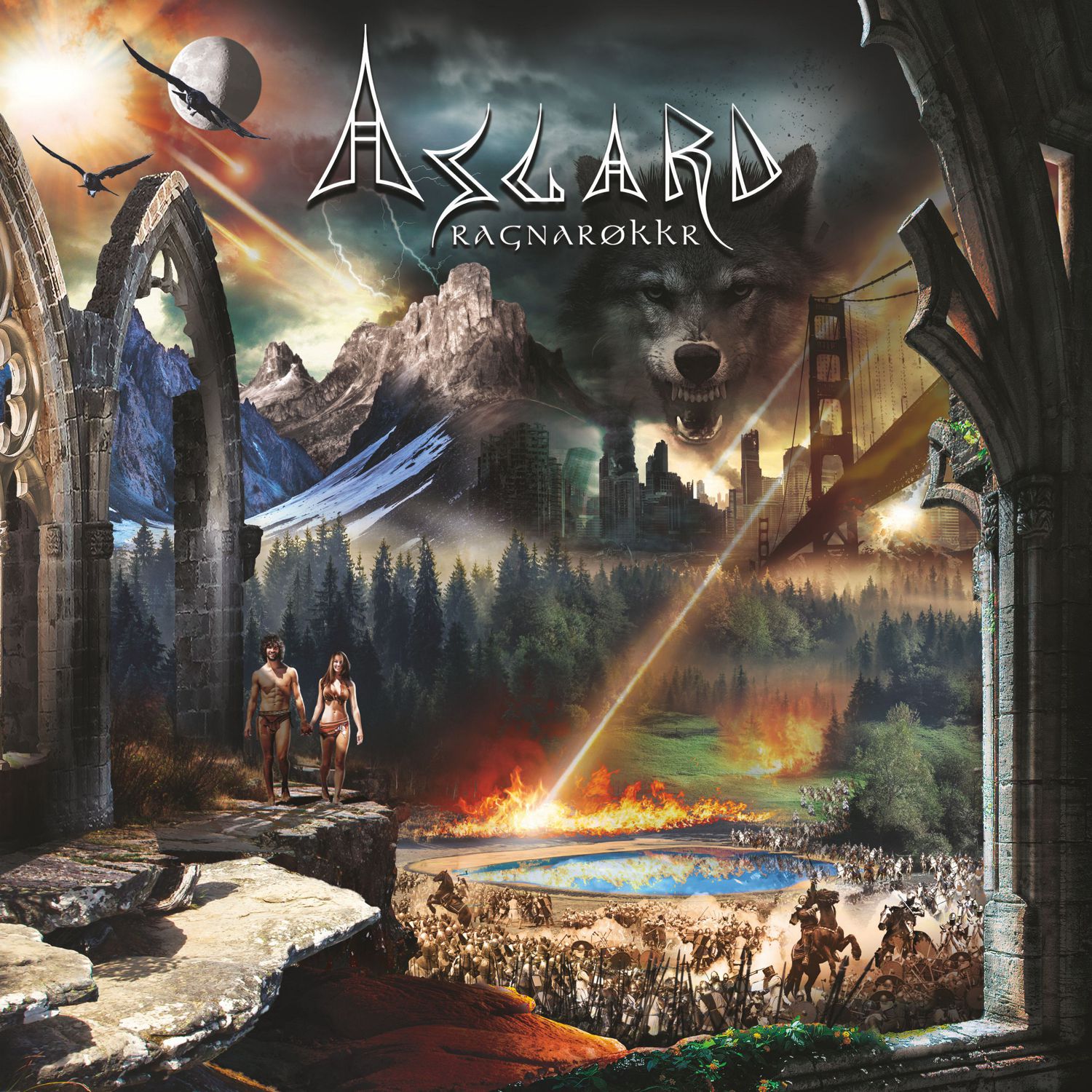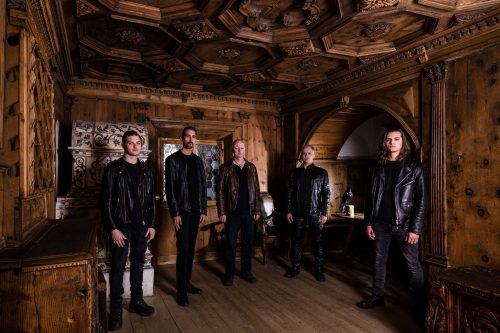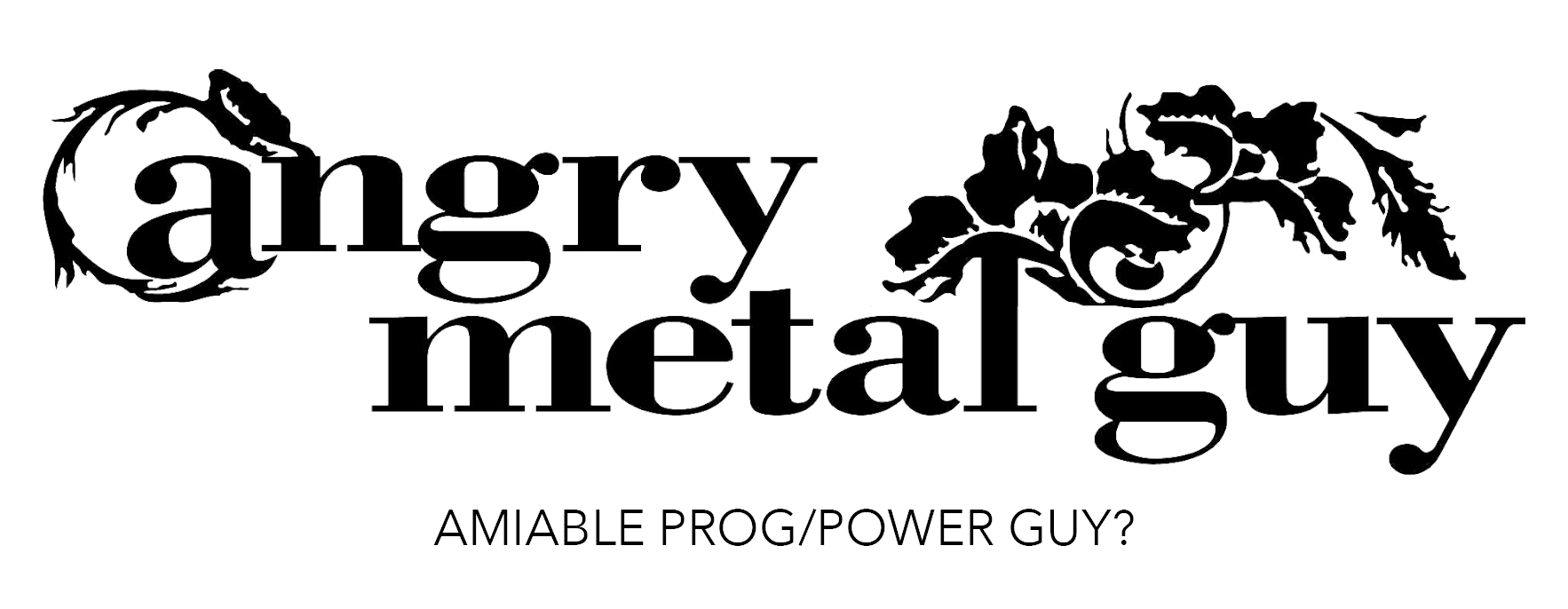 The concept of Ragnarøkkr is one that has become distinctly tied to metal. Meaning the “Twilight of the Gods” and famously forming subject material for Bathory and many other bands, it tells the mythological tale of death and devastation of the world and the Norse gods. Asgard are (somewhat strangely) a Swiss band adopting this imagery in their name and the title of their new record, Ragnarøkkr. This represents their sixth full-length releases but their first since 2000, with their prior albums spanning the 90s. I confess to having no experience with their earlier work but the 90s was a fascinating period of development for metal so I was eager to get stuck into some god-beating material.
The concept of Ragnarøkkr is one that has become distinctly tied to metal. Meaning the “Twilight of the Gods” and famously forming subject material for Bathory and many other bands, it tells the mythological tale of death and devastation of the world and the Norse gods. Asgard are (somewhat strangely) a Swiss band adopting this imagery in their name and the title of their new record, Ragnarøkkr. This represents their sixth full-length releases but their first since 2000, with their prior albums spanning the 90s. I confess to having no experience with their earlier work but the 90s was a fascinating period of development for metal so I was eager to get stuck into some god-beating material.
I described Ragnarøkkr in our internal channels as “tin whistle folk meets Dream Theater prog,” and while that is neither entirely accurate (I don’t think any tin whistles are actually used) nor that terrible (that would certainly be a unique fusion of cheap materials with over-complex plans), it should give you a flavor of the approach here. The core riffs and keyboard melodies whisk me away to 90s prog metal, while the medieval instrumentation (harpsichords, flutes, chimes) confer a folksy angle. It has a curiously dated sound due to the underproduced guitars yet overproduced classical instruments, per the aforementioned decade.
Instrumentally, Asgard are also a mixed bag. The guitarist is technically proficient, hitting relatively technical rhythms and shredding with alacrity. But a good guitarist doesn’t make a good riff (despite guitarists of bands with good songs topping every popularity-based “best guitarist of all time” poll), and these riffs are very largely unremarkable. Bland chugging characterizes the leads and emotionless wank characterizes the solos. Furthermore, the singer is neither technically accomplished, nor emotively powerful. He has a very limited range and sounds strained much of the time. When he reaches for more grit, his tone changes but fails to reach that next level. My final point is less a criticism and more a humored observation, but the ESL accent is excellent on Ragnarøkkr; I particularly enjoy the pronunciation of “thatched” as “thatch-ed” on “Rituals.”
The greatest criticism I will level at Ragnarøkkr is directed at the misguided songwriting. I am left at the end of a full listen completely bewildered as to the intent. It’s progressive in that most tracks are non-linear and unpredictable, but it’s also nonsensical in that most tracks are non-linear and unpredictable. Even the shortest cuts (let alone the two that are longer than nine minutes) feel like fragments of songs unevenly stitched together. “Shaman” (the longest track) opens somewhat consistently by maintaining a relatively slow build over its opening minutes, but by the time I reach the mid-point, I wonder where it’s going. By the end, it’s clear that the answer is nowhere, and the crappy, abrupt transitions do nothing to assuage the feeling that the songwriting lacks purpose. I’ve not heard a non-improvised album that sounded so directionless. “Visions” exemplifies the point around the transitions. It concludes by abruptly cutting its penultimate passage and holding a momentary silence before throwing in a jazz hands finale that feels like such a cheap, fabricated conclusion, completely discordant with what preceded.

Moreover, beyond bewilderment and frustration, I’m not remotely involved emotionally either. Though I take issue with this record in a number of ways noted above (confused songwriting, mixed production, unmemorable guitar melodies), there’s an overarching blandness too. There are just a couple of moments that achieve a little more, but these work better to highlight the surrounding insipid material rather than bringing it up. For example, “Kali-Yuga” is by a wide margin the best track; the twinned vocals and guitars and the use of piano scales are actually more epic and emotive, and I, therefore, had a vaguely positive emotional response to it. However, it’s enclosed by “Visions” and “Shaman” (two tracks already negatively referenced above). There’s a sense with Ragnarøkkr that for each step forward there are three steps back.
Asgard have produced something here which is as busy, scattershot, and cheap as that album artwork (which is, itself, a work of awe-inspiring crappiness). I ultimately struggle with the objective of Ragnarøkkr. Is it supposed to be jovial, up-tempo folk? Or diverse and rangy prog? Did it intend to compile a collection of individually strong songs? Or was it a grander, thoughtful concept? The mindless songwriting results in a record where none of this happens, and where none of this happens over 63 long minutes. If this is the best that Asgard can produce, then we really have reached the Twilight of the Gods.
Rating: 1.0/5.0
DR: 7 | Format Reviewed: 192 kbps mp3
Label: Pride and Joy Music
Website: facebook.com/asgard
Releases Worldwide: May 15th, 2020

















